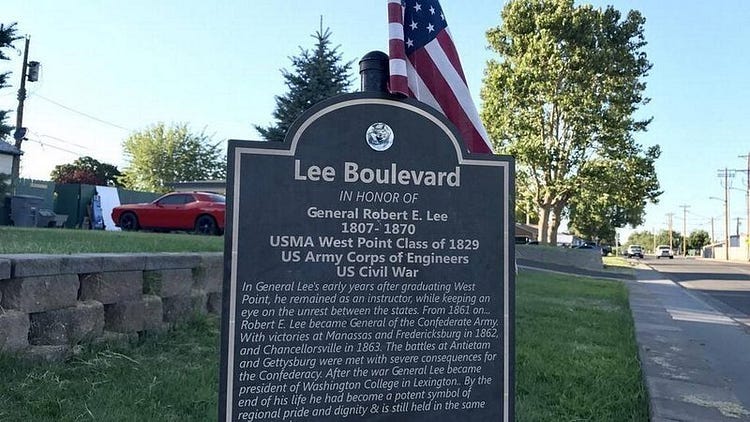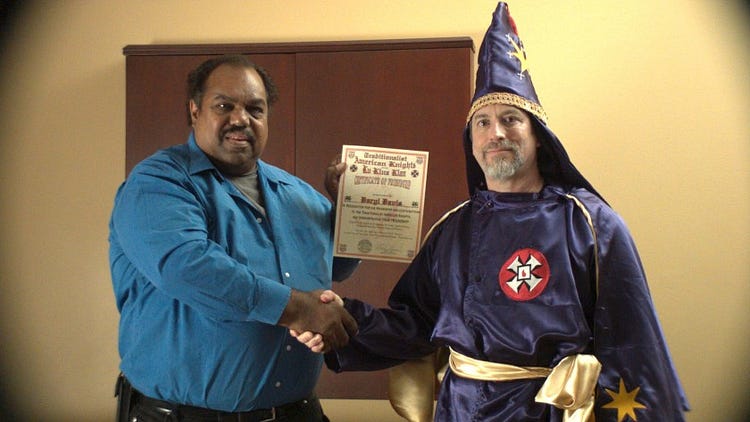Why Diversity over Tolerance
Why Diversity Over Tolerance?
Celebrating Juneteenth in 2021
One-hundred fifty-six years ago, Major General Gordon Granger arrived in Galveston, Texas. He informed the public about the end of the Civil War in April and the emancipation of all slaves in Texas from that day forward. After the passage of the 13th amendment in December of that same year, America spent the following decades in southern reconstruction and the following centuries still struggling with racial integration.
In the current climate, today has emerged as a fateful opportunity to peacefully build awareness that there are still struggles and shortcomings. While I can’t fix the justice system, I can look at the systems around me and take action where I can, then advocate for change where I can’t. Sometimes, it’s as basic as accepting that American culture — especially language — has lingering chains of oppression woven into it. Every eye we open helps finds a better future and every small action is one step closer.

Words Matter
In recent years, language has come to the forefront as a source of constant needling across media. From the names of streets in America (ever drive on Lee Blvd in Richland?) to correcting the power language in technology (ever set up a master-slave hard drive configuration?), we are inundated with comments and criticism about our words. At the risk of falling into this category, I hope the reader understands that this is a debate on ideas intended to step toward ending racism — not just the rise of grammar Nazis.
If anything, I expect comments denigrating the amount of math ahead.
Tolerance vs Diversity
I was only seven when the Rodney King verdict and LA Riots were gripping the news, but I do remember them. Before I even learned about the civil rights movement, I understood there was tension in American culture and brutality in the handling of American justice. I remember at the time a real emphasis on the word “tolerance” as the only path forward. Yet, if you examine what that means, you’ll realize that the sentiment is a pernicious outlook that will prevent real progress.

In a world where we “tolerate” each other, the existing system continues and an already segregated ecosystem remains apart. This is beautifully illustrated through an online interactive site called “Parable of the Polygons”.
Parable visualizes the dynamics of racial preference using adorable little shapes. Specifically, it teaches you what it really takes to make an integrated society. It may surprise you to learn that even if every citizen in society was 66% “tolerant” of others, that society would never be any more than 50% integrated. I would argue most people in the “I’m not a racist” camp would say 51% tolerance is victory — but in the simulator that’s about an 88% segregated society. But the reality is even increasing to complete tolerance in an already fractured system does nothing to unify it in the future.
So, what overcomes that force? Diversity.
Specifically, the drive to change your place in society if you’re surrounded only by people like you. Without this force acting on the system, it remains separated. However, no one needs to be 100% diversity-seeking to make society fully mixed. Only introducing about 20% diversity can bring a highly skewed spread into positive alignment.

I shared this site with a friend who was old enough to have lived through civil rights and she broke down crying by the end. It illustrates that the tastes and preferences of people — none of which need to be a 100% racist bigot — sorts society by types all the time. Today we are observing it through the lens of race, but in similar sociological dimensions like gender in the workplace, representation in media, and LBTQIA stigma, the fundamental forces apply.
Unfortunately, unconscious bias surfaces in companies where it has the opposite effect on goals around inclusivity and increasing engagement with employee announcements. Once an employee is disengaged or feels they are part of a Tolerant sociaty, the employees don’t read announcements or feel as if they are part of the company culture.
Diversity Isn’t Everything
To encourage your own experimentation, the concluding exercise of the Parable of the Polygons is a sandbox simulator that exposes controls for all factors in the system. This includes the level of tolerance, diversity, and population split.

After only a few trials, you discover not only that many factors contribute to the speed and veracity of the outcome, but more importantly: you find combinations that never stop moving. What does that mean when it never finds equilibrium? It means the system has conditions that are creating conflict. If it carries on indefinitely, you can only assume it will result in a polygonal civil war. Oddly enough, these states can happen even when you introduce diversity.
For instance, in a 50/50 split between groups, having 33% intolerance with 33% diversity actually maintains a dynamic equilibrium of close to zero segregation with an overall very happy population. However, in a system that is under-represented, such as shifting to a 1:9 ratio between races — the average representation of African-Americans in our country — the separation starts high, cannot be overcome by diversity, and the like-minded diversity-seekers keep thrashing. Almost everyone was unhappy almost all the time.

Representation & Relationships
In closed systems, such as colleges or the business world, degradation cannot be overcome with diversity alone. It will only be driven by changing representation and adding more variety. Unfortunately, no single person has a slider for that in our systems. I’m proud to work for a company that has a focus on Diversity, Equity, and Inclusion to solve this problem and it’s the one most important change that can only happen from the top-down in our systems.
If you consider each “move” in the system as changing jobs, changing cities, or at least changing social circles, you’ll see that diversity can’t solve all problems. More fearfully, one might interpret this as a distillation of how civility breaks down amongst like-minded people when diversity-seeking is introduced into the situation; however, that is inevitably not the case.
One hopes each separation is between two diversity-seeking allies looking for greener pastures, but sometimes it’s unfriending people on Facebook because their community solidarity in that moment of their life is at odds with the pursuit of ending injustice for others. It is the foundational issue of using the double-edged sword of shame as a means to end racism.

I do think people being offended is worth ending people being oppressed in any case, but building trust and educating through a relationship is more powerful. Daryl Davis has forged relationships with KKK members, written about them, and successfully educated them on how to find a new path in their life and renounce racism. To date, I’ve never met someone who successfully ended racism with a withering Facebook post.
Conclusion
Tolerance is a first and important step in the right direction away from hate, but understanding the quest for diversity and what it could do to reshape society is the next step for many people. Right now, I’m in a racist society and everyone is a little bit racist. Even as we celebrate the second Juneteenth in 1865, we must remember that it is the same year the KKK was founded.
That doesn’t mean we can’t instill a hunger for diversity in our world.
It’s impossible to bake an apple pie if you don’t have the right ingredients. Similarly, we can’t build a better America if we don’t have the right ingredients. It’s not as simple as “variety is the spice of life”, but as you celebrate and ruminate on the good and bad of our history, consider what will help you ensure a more diverse future takes shape.
